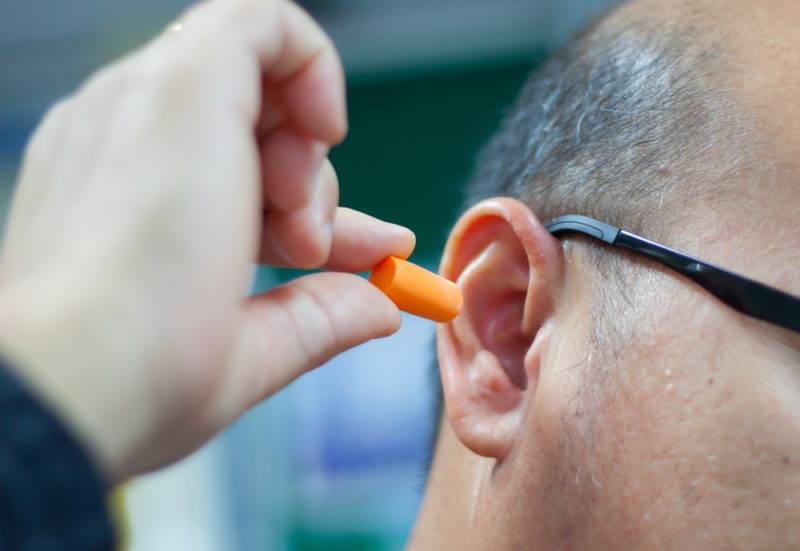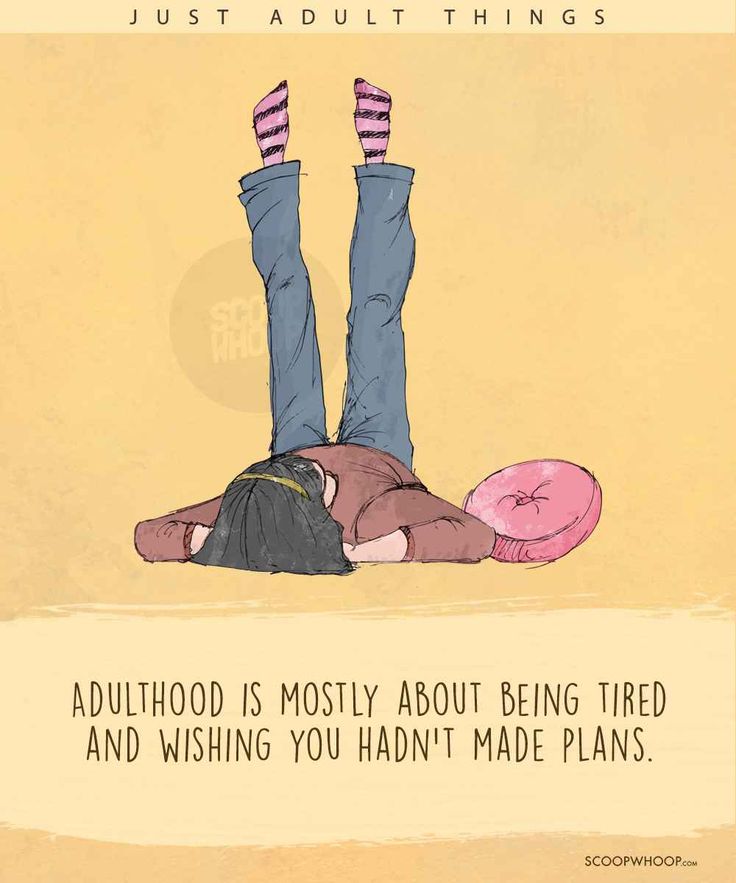Failed hearing test
What to do if your child fails a hearing test
No matter how old your child, receiving the news that he or she failed a hearing test is enough to shock you. You’re likely to question it, to wonder if that could possibly be true, or maybe, particularly if your child is no longer a baby, it’s something you’ve suspected yourself.
Children are screened for hearing impairments when they’re newborns and then again usually before they enter kindergarten. If a hearing loss is suspected, for example your child “failed” the test, he or she typically is referred to an audiologist for a complete hearing evaluation.
When failure isn’t really failure
Barb Mackey, an audiologist with St. Elizabeth Healthcare, said many kindergarten-age kids who are referred to her end up being OK (or “passing”). There are many reasons a child might fail the hearing test in the doctor’s office but pass when they receive a hearing test by an audiologist.
“A lot of times the doctor’s office can be noisy, so they can’t hear the tones well, or maybe the child doesn’t have the attention span to sit still and concentrate on the tones that long,” Mackey said. There are tests such as repeating words that are easier for kids to perform in a complete hearing test performed by an audiologist. Additionally, fluid in the ear could lead to a failed hearing test in the doctor’s office, which could be treated, making the hearing loss temporary.
“There are many reasons why a child might fail but it’s not a true fail,” Mackey said. “But it’s also a possibility that there is an actual hearing loss and it needs to be investigated.”
The most common reason doctors refer children to audiologists for hearing screenings is because of a speech or language delay, Mackey said. It’s important to rule out a hearing impairment prior to speech and language therapy.
What’s next?
If a hearing loss is identified after an audiologist’s evaluation, it will be classified as either a conductive hearing loss (middle or outer ear) or sensorineural hearing loss (inner ear), Mackey said. Often, conductive hearing losses can be treated with medicine or surgery, whereas a sensorineural hearing loss requires amplification (hearing aids). If a child needs hearing aids, it’s really in the hands of the parents to determine how successful they will be with their impairment.
If a child needs hearing aids, it’s really in the hands of the parents to determine how successful they will be with their impairment.
“It is a loss,” she said. “When a parent is informed that his or her child has a permanent hearing loss, there is an adjustment period, but much has to do with the parents’ attitude toward the loss of hearing. Kids who are diagnosed early, aided early and wear their hearing aids consistently are going to do better throughout their whole life.”
© St. Elizabeth Healthcare.
All rights reserved. St. Elizabeth Healthcare is a registered 501(c)(3) non-profit corporation serving the Northern Kentucky/Greater Cincinnati region. Tax identification #61-0445850.
© St. Elizabeth Physicians.
All rights reserved. St. Elizabeth Physicians is a registered 501(c)(3) non-profit corporation serving the Northern Kentucky/Greater Cincinnati region. Tax identification #61-1300608.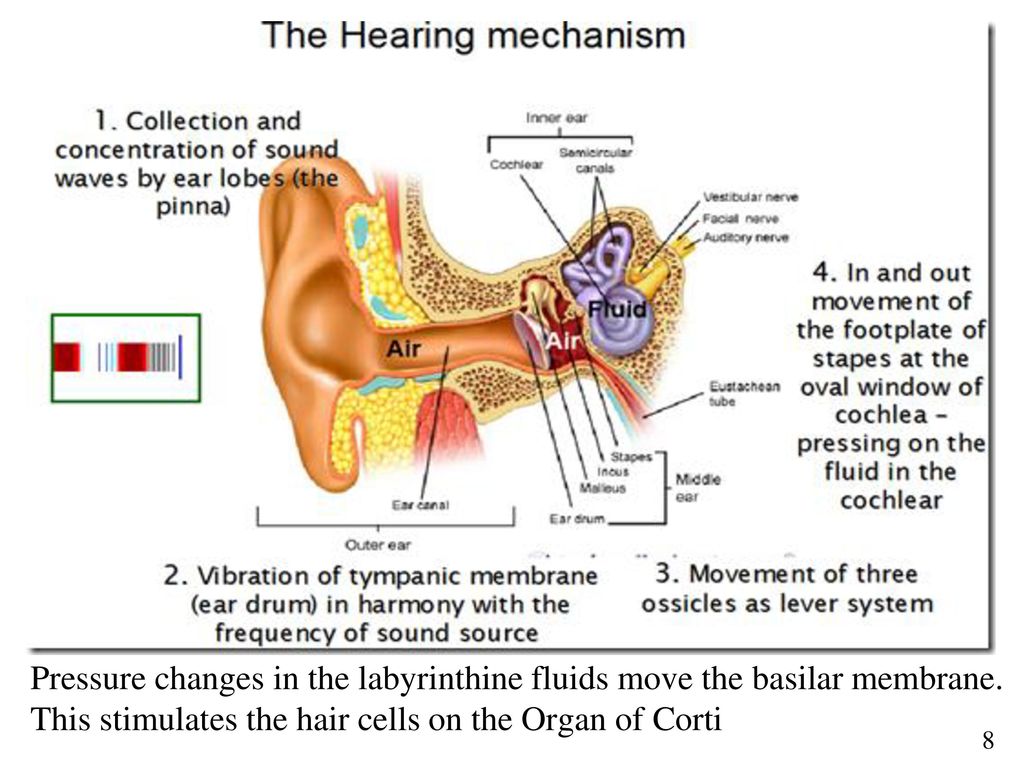
Supporting Success For Children With Hearing Loss
Wondering if your child has a hearing loss can be scary.
What do you do if your child has failed a hearing screening? What if they are actually diagnosed with a hearing loss? What are the next steps? This section explores what to expect once you’ve found out your child has failed a hearing screening or that your child has a hearing loss.
Babies: If you’ve been assured that failing a hearing screening is often due to ear infection you need to know that often times 1 out of every 10 babies that fail a newborn hearing screening have permanent hearing loss. Of those that are identified, 19 out of 20 are in families where there is no history of childhood hearing loss. More about newborn hearing screening.
Children: An unidentified hearing loss in a preschool or school-age child often is mistaken for inattention (ADHD), socially awkward (autism spectrum), delays in learning that get bigger every year (cognitive impairment).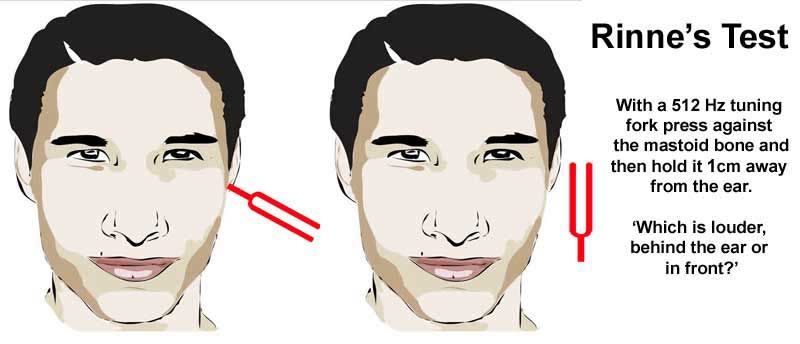 Yet, hearing loss is a barrier to accessing spoken language and the learning delays that can happen are NOT the result of a brain disorder. If hearing loss is addressed in infancy, learning delays, social and behavioral issues need never arise. Take action now.
Yet, hearing loss is a barrier to accessing spoken language and the learning delays that can happen are NOT the result of a brain disorder. If hearing loss is addressed in infancy, learning delays, social and behavioral issues need never arise. Take action now.
“My child failed a hearing screening – what now?”
If your child failed a hearing screening, the first thing to do is to get your child’s hearing tested by an audiologist who specializes in evaluating children.
Sometimes the problem is due to an ear infection – sometimes it is permanent. Only testing will confirm hearing ability and the cause if there is a problem. This hearing evaluation cannot be done accurately or completely at your child’s doctor’s office.
- Read about different types of hearing tests that your child may need.
- Find a pediatric audiologist
- If there is a hold up with your health insurance or funding – don’t give up! If your child has a hearing loss, then there is an urgent need for action!
If your child is under age 3 years, then your state Part C Early Intervention Program may pay for a hearing evaluation as part of a comprehensive evaluation to determine if early services are needed.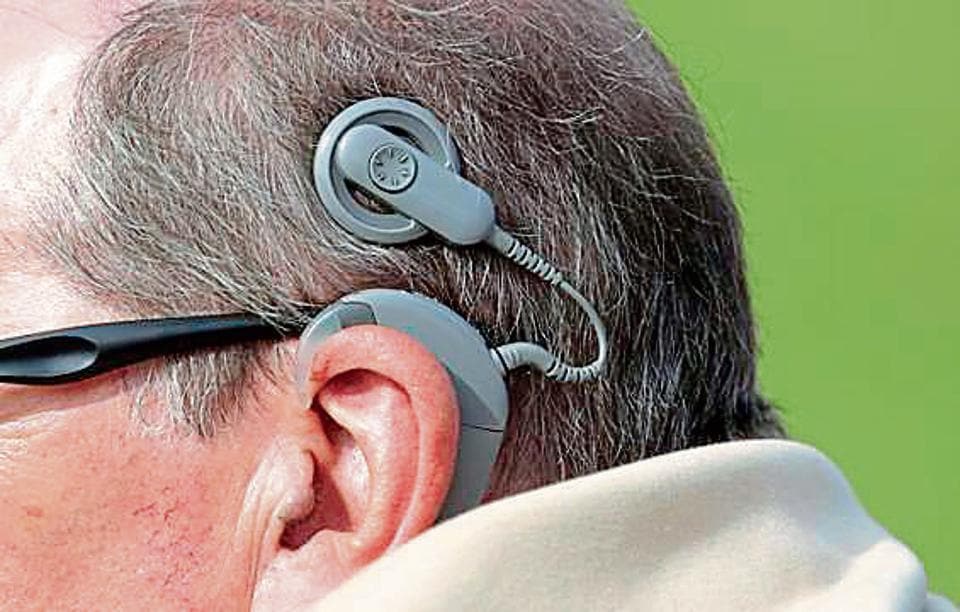
If your child is 3 years or older, you can request that hearing be screened as part of the requirement that the school district perform Child Find. Sometimes this is a hearing screening at a school by the school nurse.
Need to find your area resources? www.CountyOffice.org, has contact information for many types of government offices. The site has countless uses, as it has dozens of categories of every conceivable government office type – with addresses, phone numbers, and other contact information.
“What can I expect after a diagnosis of hearing loss by an audiologist?”
Once your child has a received a diagnosis of hearing loss the audiologist will make any necessary referrals. This may include a referral back to the child/family physician, a referral to an ear-nose-throat specialist or a referral for further testing. If no referrals or further testing is necessary, the audiologist may make a recommendation for hearing aids. It is best to have your child fit with hearing aids as soon as possible, as this will provide them with the best access to their auditory world. There are many factors which will affect the type of hearing aid(s) fit to your child. The dispensing audiologist will work with you and will make the best recommendations for your child.
It is best to have your child fit with hearing aids as soon as possible, as this will provide them with the best access to their auditory world. There are many factors which will affect the type of hearing aid(s) fit to your child. The dispensing audiologist will work with you and will make the best recommendations for your child.
Upon learning that your child has a hearing loss, you may feel a variety of emotions such as anger, confusion, sadness or even grief . These are common reactions and it is important to know that you are not alone. As Corinne Altman (a mother of a child with hearing loss) states in her letter to parents, titled A Parent Who’s Been There, the most crucial and probably the most difficult thing you can do is to accept that your child has hearing loss and celebrate the whole of your child, understanding that this will not define them.
Read about:
Other parents’ journey understanding and accepting their child’s hearing loss at the Alexander Graham Bell Association’s You Are Not Alone webpage.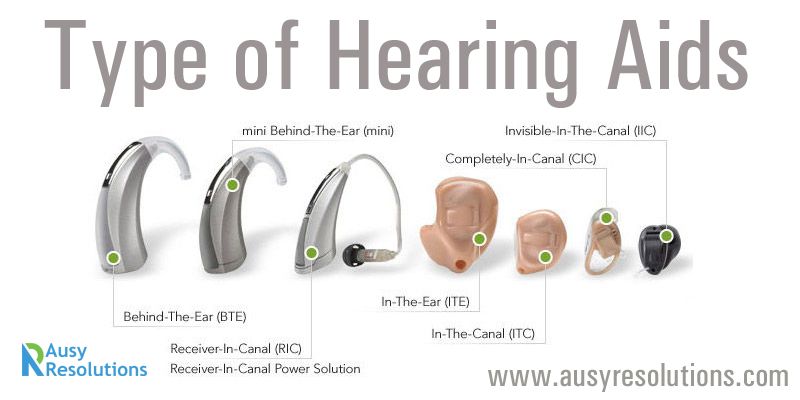
How having a child with a difference can change a parent’s outlook in the article Welcome to Holland
10 things I wish you knew – From a special kid to special parents.
Resources:
National Early Hearing Detection and Intervention Program
Downloadable PDFs:
What should I do if my baby fails a hearing screening?
Phonak Brochure: My Child Has Hearing Loss – A Guide For Parents
Web page revised April 2017. Revised content provided by Krista Yuskow, educational audiologist with our sincere thanks and appreciation!
Complete a 3-minute online hearing test
Take the test online in three minutes
Phonak's online hearing test does not replace a consultation with a hearing care professional, but it does provide useful information about your hearing condition quickly.
Start now
Start test
Take a five-minute online hearing test
We may not notice hearing loss until it affects our lives.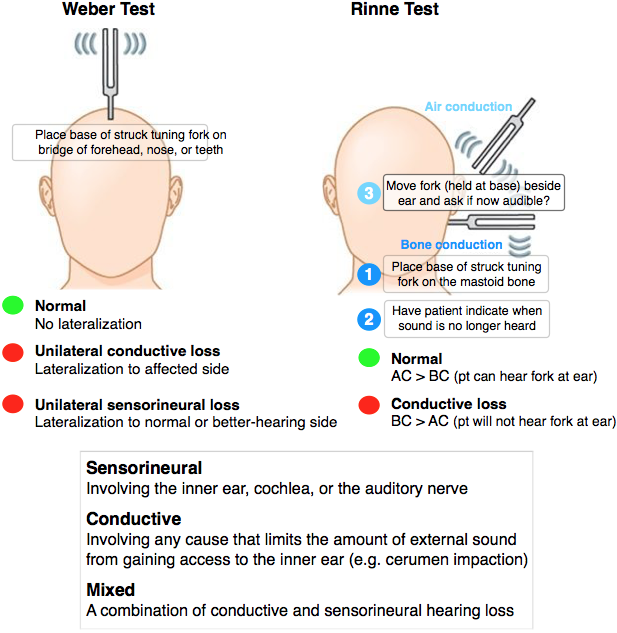 When it is difficult for a person to understand the speech of colleagues, friends or family members or hear sounds, he may miss important moments in life.
When it is difficult for a person to understand the speech of colleagues, friends or family members or hear sounds, he may miss important moments in life.
Get Phonak's online hearing test from the comfort of your own home. Later, you can discuss the results of this test with an audiologist who will evaluate your suitability for hearing aids. Further comprehensive diagnostic examination, fitting and adjustment of hearing aids take place in the office of an audiologist. With a digital alternative to in-person visits, you can enjoy hearing care services tailored to your individual needs, with full access to professional expertise and personalized opinions.
If you would like to see an audiologist in your area instead of an online hearing test, go to Find a Specialist
How can I get the most out of this test?
- Make sure you are in a quiet room before starting the hearing test
- Use headphones instead of the built-in speakers and set the device volume to 50%.

How the online hearing test works
- The first part of the test measures how well you hear sounds of different frequencies. You will hear several beeps of different frequencies. You will need to adjust the volume until you hear sound.
- In the second part of the test, we will ask you a series of questions about your ability to hear in difficult acoustic environments.
- You will then receive the results of the hearing test and instructions on what to do next if we find signs of hearing loss.
What to expect at your first appointment
We care about your hearing. We care about the problems you may have with your hearing loss. We want to help you. Hearing loss is most often natural and should not be feared. We'll help you hear better with a state-of-the-art solution from Phonak.
I have hearing loss, what should I do?
1. You talk, we listen
The first step is to contact an audiologist.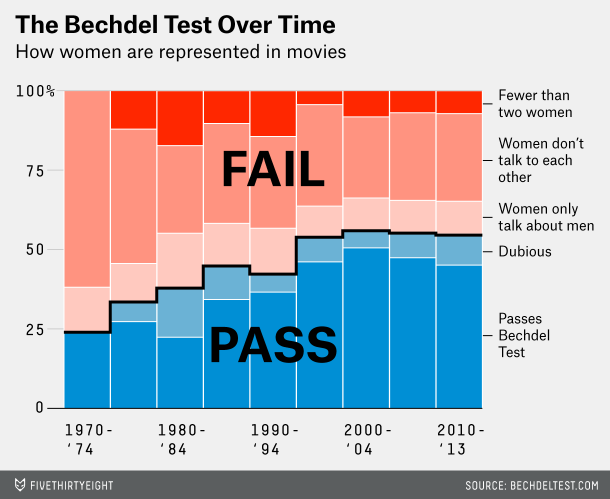 It will help you find the right solution. You talk about your problems, your rumor, how he has changed, and we listen to you.
It will help you find the right solution. You talk about your problems, your rumor, how he has changed, and we listen to you.
2. Hearing test
After you describe your condition, we will test your hearing. A hearing test is easy: you just have to sit down and listen. Upon completion, we will compare the results to your concerns to ensure our data fits your story and make the most appropriate recommendations for you.
3. YOU decide
We summarize the results and make recommendations based on what you have told us. Ultimately, YOU have to decide which option is best for you. Deciding on a device that is right for you in all aspects should be based on the characteristics of your life: family, work, communication, etc.
Marvel's award-winning solution
Our Phonak Marvel hearing aids have received several prestigious awards.
CES 2019 Accessibility Innovation Award
Gold Medical Marketing and Media Award for Best Integration Campaign
Stevie Gold Award at the International Business Awards 2019
Silver Edison Award 2019 for Consumer Electronics and Information Technology
Online hearing test
Medical Center 8 (812) 317-07-07
With the help of the questions and the beep test, you will get a result about your hearing condition.
Please note that this is only an online hearing test and cannot replace an accurate measurement by an audiologist.
Test my hearing
Question 1 / 4
Do you feel that the people around you speak too quietly or unintelligibly?
YesNo
Question 2 / 4
When you watch TV, do you need to turn up the volume to understand speech?
Yes No
Question 3 / 4
How often do you ask someone to repeat what they said?
Yes No
Question 4 / 4
Do you have to look at the other person to understand what he is talking about?
YesNo
Audio Calibration
Using headphones
For best results, use headphones and go to a quiet room
Set the volume level to 50%
Set the volume level on your device: phone or computer to 50%
Continue 80005 Audio Calibration
Play the test tone
Press the play button to play the test tone. Do not change the volume on your device or headphones.
Do not change the volume on your device or headphones.
Play test tone
Audio calibration
Set volume
Use the "+" and "-" buttons until you hear the quietest tone. Do not change the volume on your device or headphones.
- +
Continue
Alarm
Beep
Test how you can hear the quietest sounds at different frequencies. Do not change the volume level on your device during the test. Your answers will show how you hear.
Start test
Test with signals.
500 Hz at 40 dB
Do you hear a sound?
Yes No
Signal test.
500 Hz at 50 dB
Do you hear a sound?
Yes No
Signal test.
500 Hz at 60 dB
Do you hear sound?
Yes No
Signal test.
1000 Hz at 40 dB
Do you hear sound?
Yes No
Signal test.
1000 Hz at 50 dB
Do you hear a sound?
Yes No
Signal test.
4000 Hz at 40 dB
Do you hear a sound?
Yes No
Signal test.
4000 Hz at 50 dB
Do you hear a sound?
YesNo
Your result
You may have hearing loss
Your answers indicate that you may have hearing loss. Listening to sounds for you in many situations causes tension, and an increase in concentration. But do not worry, many patients with hearing loss can be helped, for a more accurate audiogram, sign up for a consultation with an audiologist.